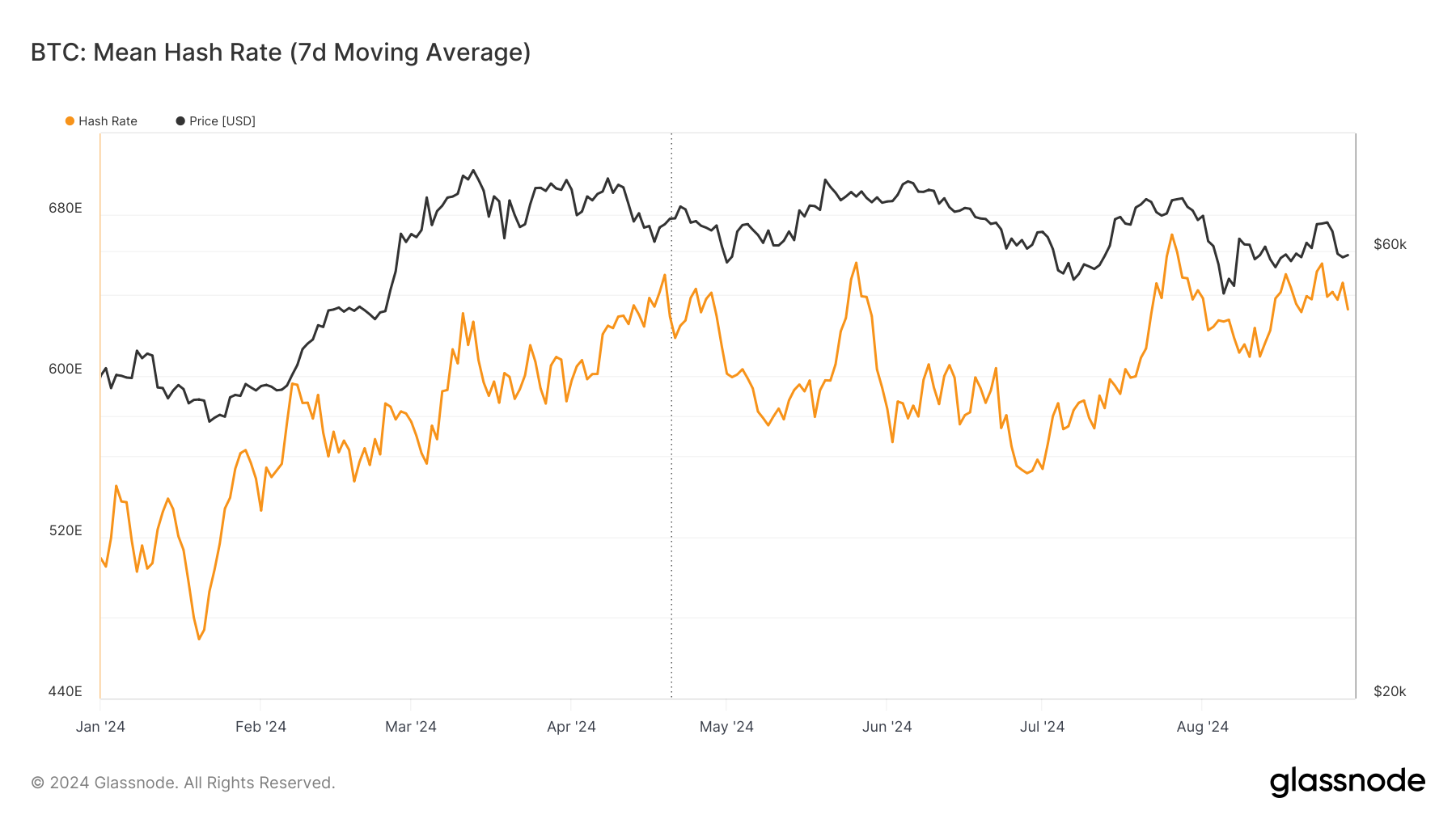The European Union has reached a deal to finalize reforms of its banking rules, including new digital assets regulation.
On Tuesday, negotiators from the European Parliament agreed on a provisional deal on changes to the EU’s banking rules, which includes a transitional prudential regime for digital assets.
The provisional agreement was reached after a meeting between negotiators from the European Council, the Parliament, and the Commission, with the EU Parliament’s Committee on Economic and Monetary Affairs announcing the agreement on June 27.
On Tuesday 27/06 @EP_Economics negotiators struck a deal
on changes to Capital Requirements Regulation & Directive #CRR & #CRD @jonasfernandez w/ #EU2023SE details will follow pic.twitter.com/7eRCgk7Eg5— ECON Committee Press (@EP_Economics) June 27, 2023
The new rules were proposed by the Commission in 2021 and amount to revisions of the Capital Requirements Regulation (CRR) and the Capital Requirements Directive (CRD), which were adopted in 2013 and intended to move the bloc towards Basel III rules on capital measurement and standards.
Basel III is the third set of Basel Accords, which are international banking rules developed by the Basel Committee on Banking Supervision (BCBS), a committee of international banking supervisory authorities. The Basel III standards were a response to the Global Financial Crisis of 2007/2008 and constitute several measures to enhance prudential regulatory standards, supervision, and risk management of banks.
The proposed changes to the CRR and CRD aim to bring EU banking standards more in line with Basel III and, in doing so, “boost the resilience of banks operating in the Union and strengthen their supervision and risk management,” said the Council of the EU in a statement on Tuesday.
The Council also said that negotiators had agreed on “a transitional prudential regime for crypto assets.” It did not provide further details, however, Tuesday’s official press release noted that “MEPs also made sure that banks will have to disclose their exposure to crypto-assets.”
Swedish Minister for Financial Markets, Niklas Wykman, hinted that the improved safeguards that the proposed rules bring to the banking sector, might provide banks the security to embrace the potentially riskier digital economy:
“The rules will also support the green and digital transitions by means of a strong banking sector that can provide funding to the real economy, households, and citizens.”
The provisional political agreement reached by the European Parliament negotiating team will now have to be approved by the Economic and Monetary Affairs Committee, followed by a plenary vote. The Council of member states will then have to approve the deal before it can come into force.
Without details, it’s difficult to say exactly what these new measures might mean for the digital asset industry’s interaction with the banking sector in the EU, but in January, the indication was that the European Parliament’s Economic and Monetary Affairs Committee was favoring a more “prohibitive” approach.
A draft bill introduced by the Committee in January would require European banks to back every digital asset they hold with fiat capital.
“Banks will be required to hold a euro of their own capital for every euro they hold in crypto,” Markus Ferber, a German MEP, said at the time. “Such prohibitive capital requirements will help prevent instability in the crypto world from spilling over into the financial system.”
The bill was a response to a tumultuous 2022 in the digital asset industry, and in the light of the recent U.S. crackdown on the space, it seems likely the new banking rules announced on Tuesday will not be a softening of the EU’s January approach.
Watch: Crypto regulation will make life easier for BSV
New to Bitcoin? Check out CoinGeek’s Bitcoin for Beginners section, the ultimate resource guide to learn more about Bitcoin—as originally envisioned by Satoshi Nakamoto—and blockchain.




